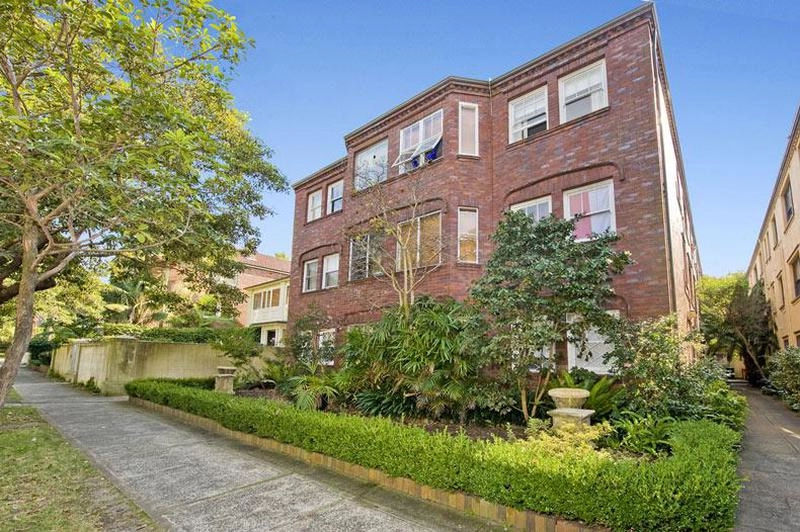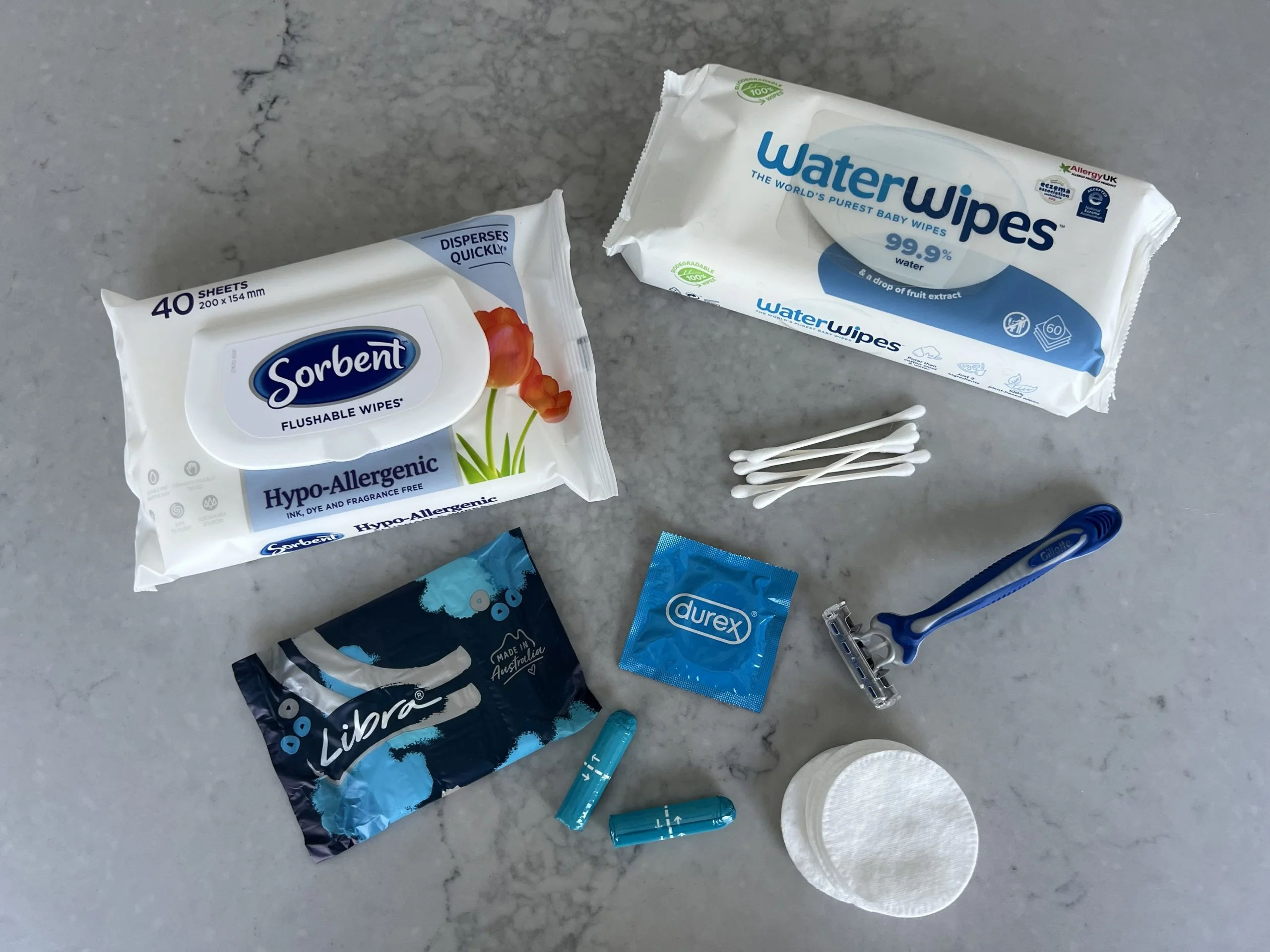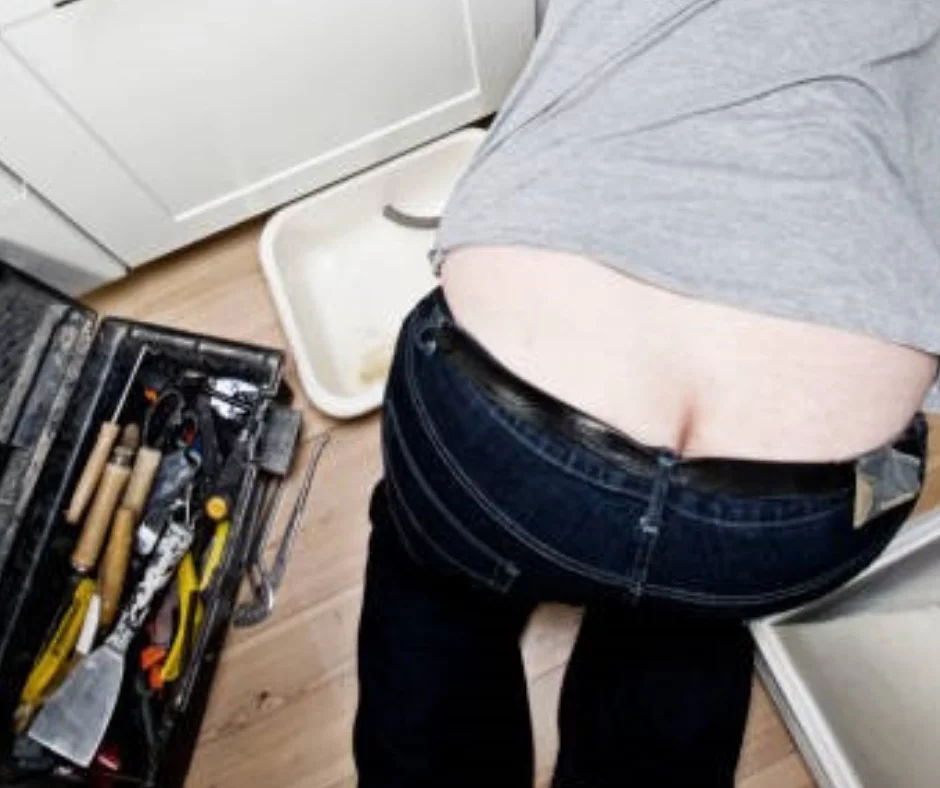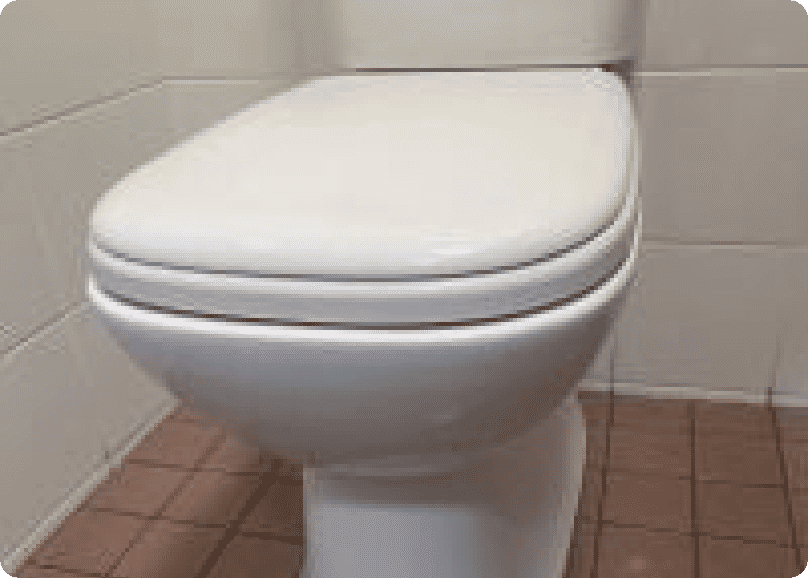Water Damage At Strata Managed Properties: All You Need To Know.
- William Demirdonder
- Oct 28, 2021
- No comments
- 15-minute read

When water damage occurs at a strata managed property the first thing to do is to locate the source of the damage, stop the threat, repair the issue and ensure that all the residents and owners of the strata can safely return to their individual homes. Then the question is asked; who is responsible for the damage? Who will pay for the damage? Could the damage have been avoided?
Within Strata managed residential buildings and complexes in Australia, the Strata’s insurance will cover against flood and water damage to the building’s common areas and to the structure of the building itself.
This includes the sub-floors within each individual lot and can include the ceilings, skirting boards and internal walls that are boundaries to neighbouring lots or the outer perimeter of the building itself. If magnesite sub-floors are present then Strata’s insurance covers repairs to this as well.
Commonly, strata property encompasses the individual lots as well as spaces outside, including driveways, gardens, pools, lobby and foyer areas, lifts, staircases, car parks, gardens, fitness centres, etc.
Strata property also incorporates joining walls between lots and any other areas not listed as part of an individual lot on the building plan. If strata property water damage originates in these areas, it can be argued that the owner’s corporation are responsible for the water damage issue.
In some (but not all) cases the internal walls within each lot that adjoin the lot’s rooms are also covered under Strata’s insurance. Also, sometimes permanent type floor coverings like ceramic tiles, parquetry, and wooden floors are covered. Floor coverings and internal walls within an individual lot might be the responsibility of the lot owners to pay for any damage. Some strata’s handle this differently.
An individual lot, on the other hand, is a privately-owned space (such as an apartment or townhouse) According to the NSW Fair Trading, “the basic rule is that everything inside the airspace of the unit, including all internal walls, fixtures, carpet and paint on the walls is usually the lot and therefore the responsibility of the lot owner.”
If the water damage originates within an individual lot, the Owners are generally deemed responsible for repairs.
Firstly, it’s important to note that every individual owner of a lot within a strata managed building or complex must own their own insurance policy on their lot. Do not think that the building’s or complex’s insurance will cover your individual property. When there is an event that leads to water damage at a strata complex there are a few things that need to happen.
Typically, in strata managed properties, each individual owner is responsible for the repair costs associated with their individual lot, regardless of the cause or source of the water damage.
There are few conditions to the general rules of who is responsible when it comes to water damage of a strata property. One condition is when there is clear negligence of a tradesman or builder who has built, installed or repaired something and accidentally caused damage due to poor workmanship. Under these circumstances, the builder’s insurance can potentially cover the cost of the damage.
Another exception to the rule of responsibility is when there is a criminal charge for someone who has deliberately caused the water damage (purposely flooded a building). They could potentially be liable for any costs associated with repair. However, each individual owner would still need to make an insurance claim.
Secondly, in some cases if it’s found that a tenant is at fault for causing a water damage event (like a bath flooding) as a tenant you could be liable to cover the repair costs. Repairing carpet, flooring, cupboards and furniture can add up and you’ll be safer when the costs are covered by insurance.
If you are a tenant in a strata managed property, do not think for one minute that your owner’s insurance covers you. In the event of a water damage event and your personal belongings are affected, rendered useless or need replacing it’s up to you to have your own insurance to make a claim.
In strata managed properties, there are some top reasons why water damage would occur. In fact, most strata properties see professional plumbers, leak detection experts and water damage specialists called out for a handful of reasons.
A ‘flexi hose’ is a flexible hose made from versatile and malleable rubber pipe armoured in braided layers of stainless steel.
They’re part of many Australian homes and can be found in connections from the wall outlet to sinks, toilets, washing machines, dishwashers, taps connected to home mains, plumbed fridges and more. You’ll mostly find your flexi hoses underneath the basin or bathroom sinks.
Flexi hoses are responsible for roughly a quarter of water damage claims across Australia. IAG reported that in 2016, Braided Flexi Hoses caused 22% of water damage claims in Australian Households. It’s suggested that 4 out of 5 Australian households have flexi hoses that are damaged, over-pressured or expired.
When a flexi hose bursts it can fill any room or area with a large amount of water in a short period of time. Interestingly, if an owner fails to inspect and replace old flexi hoses every 5 – 10 years, it could be considered ‘negligence’ on the owner’s behalf even though it will be considered an accident when it comes to insurance.
Watch this video for more information:
In today’s age, we rely on machines to do the heavy lifting of our cleaning and home maintenance. Appliances like washing machines, internal hot water systems, dishwashers and air-conditioning systems account for water damage when they malfunction and overflow. The water from a dishwasher malfunction can render a while kitchen flooded and in need of repair in no time at all.
If the appliances are using older or aging connector hoses, the appliance runs the risk of experiencing a burst connector hose which could flood a laundry, for example, in less than ten minutes.
Blocked kitchen sink drains, bathroom drains and blocked toilets are responsible for a decent chunk of any plumber’s day-to-day. They also cause havoc for strata properties. When managing a strata property it’s important for residents to understand what can and cannot go down a drain.
Typically, blocked drains occur when substances like oils, grease and fats get stuck in the pipes and then other debris and materials (like hair, soap and food scraps) wind around them, causing a severe blockage where no or limited water and debris can move through. This is called a fatberg and can render a whole strata building’s pipes completely blocked in a short space of time.
Another reason that a blocked drain can cause a water damage event is when the ‘wrong’ type of material is flushed down the toilet. The only things that can be flushed down the toilet are: Pee, Poop and Paper (toilet). Things like wet wipes, baby wipes, ‘flushable wipes’ and sanitary products cannot be flushed and if they are, they will accumulate in the pipes, waiting for more materials to get stuck along with them.
In a strata building, it’s not uncommon for blockages to occur below the ground level, where the pipe turns from vertical to horizontal. When blocked drains occur at a strata property, a professional plumber will most likely use a high-pressure water jetter to clear out the pipes and use a CCTV pipe camera to inspect where along the pipe the blockages are occurring.
Especially in Australia, sudden downpours and storms can cause significant damage to a strata property. Many owners and tenants believe that it’s the strata committee’s responsibility to cover 100% of the costs for all aspects of the restoration of any storm related issues. However, this may not be the case. Just like accidental flooding, when it comes to leaks specifically from a storm then each owner is responsible for the costs associated with repairing their property.
Let us take a look back into the severe 1999 hailstorm in Sydney. It was responsible for delivering an approximate water damage bill of as much as $2.3 billion. Therefore, it holds the record as the most expensive weather event in Australian history.
Other lesser forms of hail storms could lead to minor cracks in the roof tiles. Still, these cracks are capable of allowing water to drip down onto the ceiling and insulation every time it will rain. A gradual minor damage to the property could lead major secondary damages when compared with a sudden ingress. This is because minor damages mostly go unnoticed for a longer period of time.
When a storm hits you want to rely on the strength of your existing plumbing system to handle the flow of water. A property can be as prepared as possible with regular maintenance. Things like clearing and cleaning the gutters, repairing and replacing any cracked roof tiles, inspecting downpipes and making sure storm water drains are clear and pose no potential for blocking can go a long way in helping to prevent damage to a strata property during a storm.
Other Reasons A Strata Property Can See Water Damage
Other reasons why a strata property can see a water damage event occur include overflowing sinks or baths, a roof or ceiling leak, a leak from a skylight (that perhaps isn’t properly installed) in a common area and plumbing issues related to common pools, saunas and steam rooms.
Strata properties must undergo routine plumbing maintenance and regular checks by a licensed professional in order to prevent as many water damage related events as possible. But accidents do happen and when it comes to plumbing, time is of the essence. Any strata property that faces flooding, burst pipes, blocked drains and other water related emergencies needs a licenced plumber, water damage specialist or leak detection expert on site ASAP as to stop any further damage and potentially ongoing damage from occurring.
Any water damage MUST be located, investigated, stopped and repaired immediately to ensure the safety of all the residents and owners of the property. For a timeline on how water damage can affect a space, click here.
When water damage occurs, there are conditions to who is responsible and liable for the cost and repair of the damaged areas. For advice on how to manage water damage at your strata property, please contact our team today.
Understanding your home insurance and what you are covered for when it comes to plumbing can be overwhelming. Do you have cover if the land mower of your neighbour damages part of your pipeline?....
Read MoreFatbergs are created when you flush down wet wipes or “flushable” wipes down the toilet and they get caught up in your pipes with a combination of any oils, fats or grease poured down the ....
Read MoreImagine you’re in the midst of a plumbing emergency (we’ve all been there) and you desperately need an ace plumber on your door step. We doubt in the middle of a plumbing emergency you&rs....
Read MoreIrrespective of how hard you try, sometimes a toilet or bathroom clog is unavoidable. Whatever might be the reason for the clog, you need to clear the same. When you wish to fix the problem, a plunger....
Read More



Leave a Reply
Your email address will not be published. Required fields are marked *